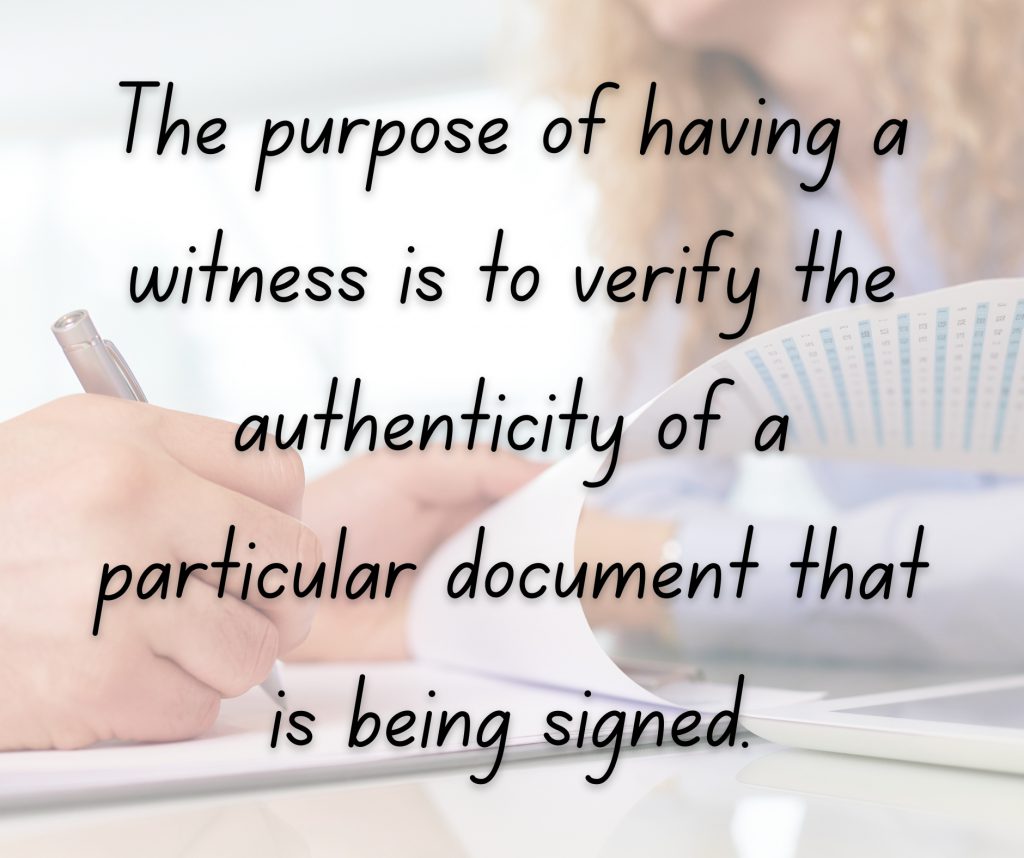9th Jan 2023

Estimated reading time: 4 minutes
When executing documents, it is common for individuals to quickly scan, sign, and date without fully reading or comprehending what is required. Executing a document means that it is signed with the proper protocol. This may include signatures, dates, witnesses, and in some cases, notarization. If a document is not executed properly, it may not be legally valid.
Frequently I find that clients have obtained advance directive forms, also known as a “patient advocate designation” from a hospital or other source in order to name someone to make medical care decisions for them if they cannot make their own decisions, and to specify that those decisions may include a choice to withold or withdraw treatment. In nearly every case I have found that the client has not fully filled out the form, has not dated it, or has not had it properly witnessed.
Under Michigan law, a patient advocate designation must be executed in the presence of and signed by two witnesses. The witnesses cannot be the patient’s:
- Spouse;
- Parent;
- Child;
- Grandchild;
- Sibling;
- A person who is presumed to inherit from the patient upon death if the patient does not have a will;
- Known beneficiary under the patient’s will at the time of witnessing;
- The person named as the patient advocate;
- The patient’s physician, or an employee of a life or health insurance provider for the patient;
- An employee of a health facility that is treating the patient;
- An employee of a facility where the patient resides;
- An employee of a community mental health services program or hospital that is providing mental health service to the patient.
A witness is not supposed to sign the patient advocate designation unless the patient appears to be of sound mind and under no duress, fraud, or undue influence.

As discussed above, a witness is a neutral third party who is present to watch the voluntary signing of a document. The purpose of having a witness is to verify the authenticity of a particular document that is being signed.
There are certain requirements one must possess in order to qualify as a credible and legal witness. The witness must:
- Be at least 18 years of age.
- Not be under the influence of drugs or alcohol.
- Be of sound mind.
- Not have any financial interest in the document that is being signed.
In addition to patient advocate designations, certain other documents need to be signed in the presence of witnesses. Some of them are:
- Wills, unless entirely in the handwriting of the person making the will.
- Powers of attorney, although if notarized, powers of attorney do not need to be witnessed.
- Funeral representative designation, unless notarized.
As you can see, some documents may be notarized instead of being witnessed. If you are signing a document that must be notarized, it is important to know that you must actually sign in the presence of the notary, or if you merely need to acknowledge in the presence of the notary that you signed the document. If the notary does not know you personally, you should be prepared to present identification to the notary.
While signing documents may seem simple, it is very common for individuals to miss requirements needed to validate documents. To ensure proper execution of legal documents, it would be wise to sign at the office of an attorney familiar with the types of documents involved. In doing so, you can be sure to have the appropriate witnesses and notaries available.
Written by Katherine B. Albrecht
Related Articles


